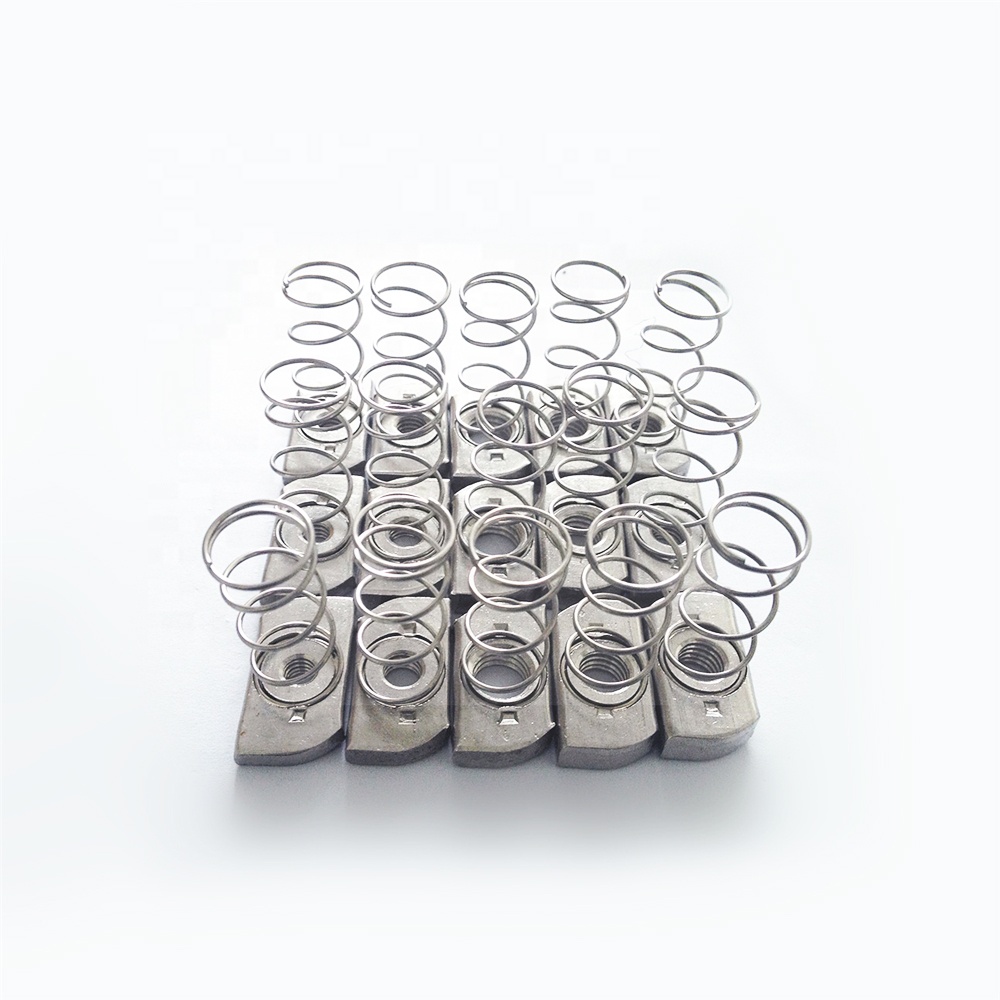Fertilization is the premise to ensure the normal growth of vegetables. If the fertilization is improper, it will cause the growth of vegetables to stagnate, and even cause the death of vegetables. Some fertilizers will cause residues and cause harm to the human body.
1. Do not apply ammonium nitrate to leafy vegetables.
Cabbage, Chinese cabbage, leeks, hollow beans, celery, cabbage, etc., easily absorb nitrate nitrogen fertilizer during growth, such as the application of ammonium nitrate, leafy vegetables absorb nitrate ions, nitrate ions after human consumption Will enter the human body, human volume and poisoning.
Second, vegetables should not be watered after applying urea
The nitrogen component contained in urea is an amido ammonium. The ammonium amide is converted into ammonium carbonate or ammonium hydrogencarbonate by the urease secreted by soil microorganisms before being absorbed and utilized by vegetable roots. If the urea is immediately watered or exposed to rain, the nitrogen in the ammonium amide state will be lost. Therefore, whether urea is used as the base fertilizer or top dressing of vegetables, it should be 5 to 6 days after application , so that it can be completely converted and then watered to avoid loss.
Third, vegetables should not be repeatedly applied ammonium sulfate
In the vegetable fields of acid soil or calcareous soil, if the application of ammonium sulfate is repeated several times, the soil will become more acidic, causing the calcareous soil to be squashed, resulting in poor growth of vegetables, decreased quality and yield, and reduced cultivation. Economic benefits.
4. Do not apply ammonium bicarbonate when the vegetable field is short of water.
The chemical nature of ammonium bicarbonate is extremely unstable and volatile. When applying ammonium bicarbonate in vegetable fields, whether it is base fertilizer or top dressing, it should be applied deep in the wet field of the vegetable field, and the soil should be covered immediately after application. If the weather is dry and carbon ammonium is not applied, it can be poured or watered.
5. Do not spray high-concentration nitrogen fertilizer on leafy vegetables.
If the foliage is sprayed with urea, ammonium sulfate, etc., although the vegetable leaves are green and have good color, the content of harmful salts in the green leafy vegetables will increase significantly, which in turn affects the health of consumers.
6. Do not use ammonium nitrate with higher concentration in greenhouse vegetables.
Due to the high temperature and high humidity in the greenhouse, the high concentration of ammonium nitrogen fertilizer is easily decomposed under the action of soil enzyme under suitable temperature and humidity conditions, and finally converted into gaseous ammonia, which will lead to ammonia poisoning of vegetables and affect vegetables. Quality and yield.
Spring nuts are one-piece, self-locking nuts that secure screws and prevent them from loosening due to vibration. Long spring channel nuts are used to secure screws in framing channels, cable management conduits, and ducting systems.
The nut has an oblong seat for a bolt having an axial insertion opening for the bolt and a holding section for the bolt, where the nut completely encloses the seat on a front wall opposite to the insertion opening in peripheral direction. A cylindrical outer wall is closed in the peripheral direction, and an inner wall encloses the seat on a front face and partly encloses in the peripheral direction. The inner wall includes two radially resilient shackles , which extend in the longitudinal direction of a cylinder.

Spring Nut,Spring Lock Nut,Channel Spring Nut,Stainless Steel Spring Nuts
Taizhou Risco Stainless Steel Products Co.,Ltd , https://www.riscofastener.com